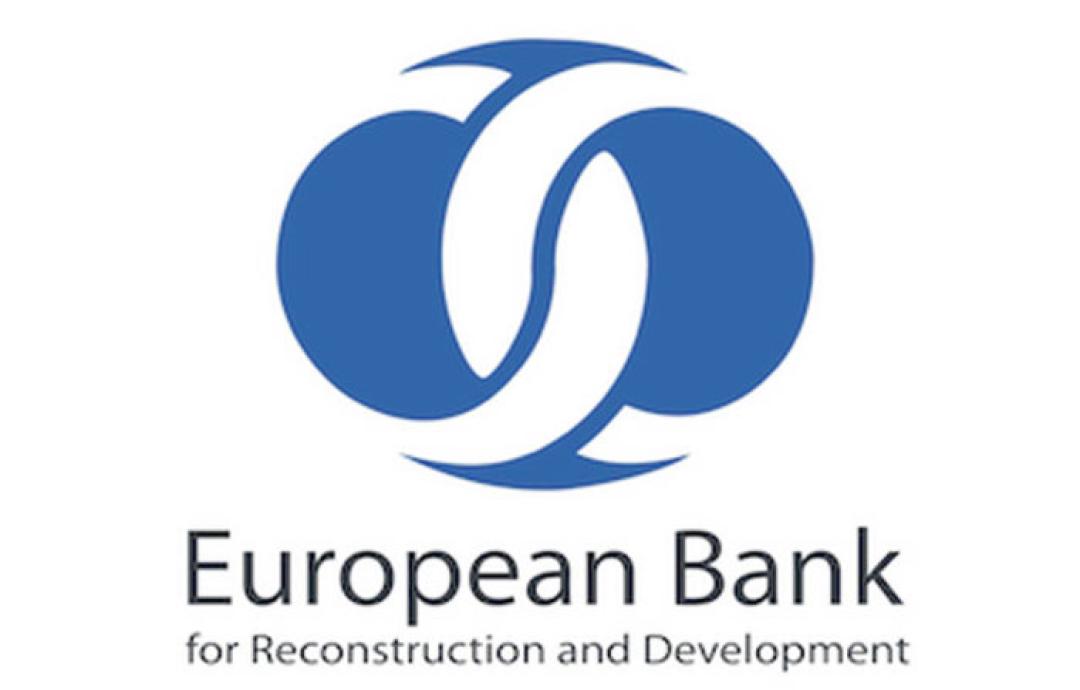
EBRD economic outlook for South Caucasus

On 13 May, the European Bank for Reconstruction and Development (EBRD) published their economic outlook on its regions amidst the ongoing Covid-19 pandemic.
The EBRD’s central scenario is based on the prospect of a gradual relaxation of domestic measures to contain the virus and a return to normality during the second half of the year. The report assumed a modest impact of the crisis on the long-term trajectory of economic output, with growth resuming towards the end of the third quarter, but potentially significant longer-term economic, political and social effects.
Assuming domestic containment measures are gradually relaxed, with return to normality during the second half of the year, output in the EBRD regions is projected to contract on average by 3.5% in 2020 followed by a recovery in 2021, with an average growth rate of 4.8% in 2021.
Speaking of the region of Eastern Europe and the Caucasus, the EBRD report stated that the countries in this region are likely to be severely affected by the crisis. The report further emphasized that the initial hit came from tightening global financial markets, strong pressure on domestic foreign exchange markets and reduced foreign demand for exports. Domestic demand has been reduced due to public health measures put in place to contain the spread of the virus. Lower commodity prices are putting additional strain on the exporters of hydrocarbons and metals in Azerbaijan, Ukraine and Armenia. This comes alongside an expected drop in remittances, which will likely further suppress household disposable income in most countries in this region, especially in Moldova, Armenia, Ukraine and Georgia. The loss of tourism receipts will be a significant blow to the Georgian economy.
In Armenia, the global uncertainty and decreasing demand resulting from the coronavirus crisis, combined with volatility in commodity prices, will affect the economy directly via a decrease in exports, which are dominated by copper and other mining products, and indirectly through economic links with Russia, including a likely downturn in remittances. Prolonged measures of social containment and low mobility would hurt Armenia’s tourism sector, which is largely dependent on visits from Armenians abroad. The EBRD projects that the Armenian economy would shrink by 3.5% in 2020, with a rebound of 5.5% in 2021.
In Azerbaijan, the recent oil price decline was labelled as the main driving force on the negative economic impact on the country. The report emphasized that the exchange rate in the country has remained stable to date, thanks to the large SOFAZ assets (approximately 90% of GDP) which continued cushioning the economy against the external shock. The report warned however, that a prolonged period of low oil prices and weak global demand could cause serious imbalances in the economy. The EBRD expects the Azerbaijani economy to contract by 3% in 2020, recovering by 3% in 2021.
As for Georgia, inflation and loss in tourism revenues are the main concerns. While inflation remained elevated in the first four months of 2020, the authorities cut the policy rate by 0.5% in April as the ongoing reduction in demand is expected to create downward pressure on prices. To help stabilise expectations and ensure financing of the widening external and fiscal deficits, the authorities secured additional financing from multilateral creditors. The hospitality sector will be severely hit as countries contain the spread of the coronavirus and ban travel abroad. With tourism receipts normally amounting to nearly one-fifth of GDP, the negative impact would also be widespread across many sectors in the Georgian economy. The EBRD expects the economy to shrink by 5.5% in 2020 before recovering by 5.5% in 2021.
See Also


Armenia Records 5.9% GDP Growth in 2024, Missing 7% Goal

Yerevan Balances Strategic Ties with Both US and Russia, Says Foreign Minister

FM Mirzoyan: Peace Deal with Azerbaijan Is Within Reach

Pashinyan and Erdogan Hold Call, Reaffirm Commitment to Ongoing Dialogue

